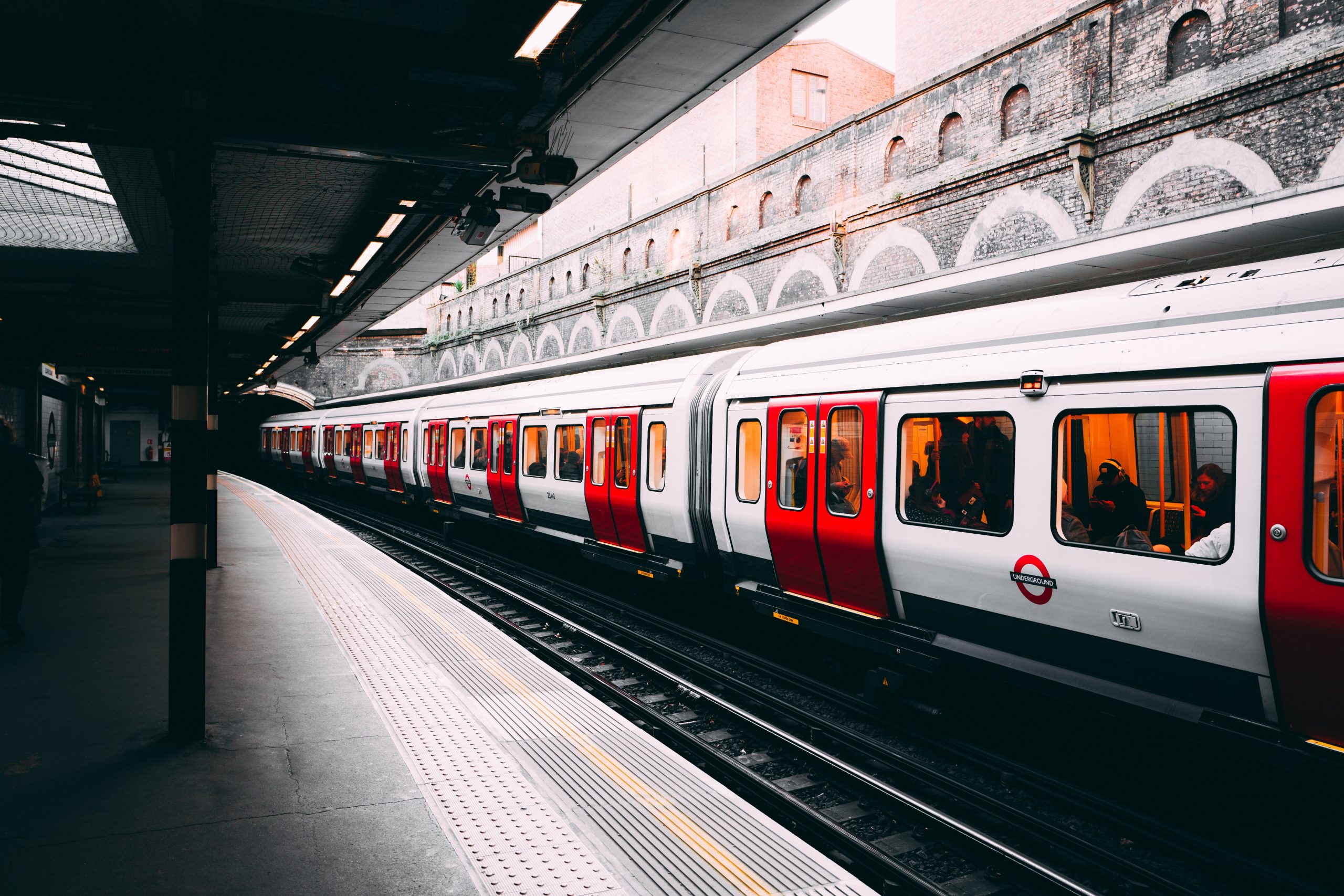I know that there is a certain irony talking about cars on a site about hiking. However, it is a genuine question and one that I had when I first started out. Living in the city without a car I thought all the hikes required you to drive into the countryside. It turns out that this isn’t true. There are lots of ways you can go hiking without a car. For the purposes of this post I’m going to assume that without a car means not owning a car rather than not using a car at all.
Going hiking without a car isn’t as difficult as you think as long as you are prepared for things to take a little longer. With a bit of planning, more often than not there are alternative methods of transportation or ways of gaining access to a car that will allow you to get to your hike. Now, we’re going to look at some of the options
So what is hiking anyway?
When thinking about this question it is easy to think that every hike worth doing involves a drive to the hike start and a drive back. It doesn’t have to be this way. Hiking can equally be done in your local park or even in the city. You just need to be open minded.
Upsides of not having a car to go hiking
By not having a car you are likely to make some financial gains by not having to pay for fuel, insurance and maintenance. With the money saved you then have the possibility to buy hiking holidays or some new hiking gear.
Downsides of not having a car to go hiking
The main issue with not having a car is that you lose out on the ability to make a split second decision to jump in the car and immediately get out into the wilderness.
Meetup groups / hiking groups
The advent of the internet has made it so much easier to find like minded people and groups than ever before. Sites like meetup.com more often than not have hiking groups in your local area. Each group puts hiking events on the site and through the comments on the site you can usually quite easily organise shared transport to the start of the hike. Otherwise, you can google for hiking groups near your location. Typically any hiking group will have a mixture of walks including car based, train based and walks where they organise their own transportation. In my experience, they are always very helpful and will go out of their way to help you to get to the start of the hike.
Public transport
Although this may not apply to everywhere certain parts of the world are very well connected by extensive public transport. With a bit of planning you should be able to get close to where you want to be using tram, bus or train. There may also be sites for your local area like CarFreeWalks which will give you inspiration.
Lots of places have integrated transport cards (such as London’s Oyster o Sydney’s Opal) where you can tap on or off so that you’re not constantly rooting in your pockets for loose change. I would definitely recommend getting one of these. If your area has one I would also recommend downloading any transport apps to your mobile phone which will help to plan any journey you have in mind.
Friends
As you’re into hiking it is clear you’ve got good taste in activities and I’m sure that extends to your friends too. The chances are that you have some friends who are also into hiking who also have a car. Why not try and arrange something with them. Assuming that you have a license and are insured you could possibly arrange to borrow their car so you can get to where you want to go. Or even better, why not organise a hike with them and go together. Hiking with friends is one of the most enjoyable ways of catching up at the same time as getting some exercise and enjoying the scenery.
Outside your front door / Urban hiking
There’s no reason a hike has to involve a drive to a hiking trail. Sometimes, it is worth going straight out of you front door. Pack your bag, wear your boots and treat it just as you would a hike. If you live in an urban area it turns out there is a whole category of hiking known as urban hiking. This is something I have done quite often and it is amazing what you discover just by slowing down and observing including unknown buildings, wildlife and people.
Parks and local parks
Sometimes it is easy to miss what is right under your nose. I know I have done this. Be sure to check out your immediate local area. It has probably got a number of parks or nature reserves that are easy to get to by public transport. Often, they have numerous hiking trails which can vary from a couple of miles in length to much longer. Even if you have lived somewhere for a long time you will be surprised about what you don’t know. Be sure to check with your local council or other information body and you might discover some hidden gems that become your new favourites.
Travel to a destination where hiking without a car is easier
Sometimes it may not be practical to do the type of hiking you like from where you live. In that case you should consider getting yourself to somewhere where organising a hike is easier. Something I have done in the past is take a day off work and packed a tent. If you choose the right area to camp it will be easy to do a hike right from your tent.
Alternatively, why not go for a longer period and book a holiday to a location with good hiking trails where you’ve always wanted to go.
Cycle
If you have a decent bike you can always consider cycling to your hiking destination. If you are the super fit type and don’t carry too much gear when you go hiking this may well be an option. However, I don’t think it is an option I would recommend/
Hitchhiking
There are obvious potential personal safety issues with hitchhiking so it is not something I want to advocate. However, it would be remiss of me not to mention it. There are certain circumstances where it makes sense, especially if you are in a group.
On demand ride apps or taxis
Taxis and apps such as Uber and Lyft and their car pooling services Uber Pool and Lyft Line offer you the chance to organise a ride within just a few taps which are now extremely popular. With their ability to split the cost between people they may be an option. However, recent bad press and issues that arise due to surge pricing make me reticent to recommend and I would advise using one of the other services.
Rent a car
Assuming you can drive, renting a car might not be an obvious option. However, in some circumstances it may work out more cost effective. Especially, if your hiking destination is quite a long way from where your starting point and the trip is likely to be over a few days. My advice would be to keep an eye out on the Internet at all the big companies like Budget, Enterprise and Alamo as they often have short lived deals.
Car sharing
There are several car sharing companies around but ZipCar is probably one of the most famous. At its simplest level you sign up to their service and use their app to find the nearest car. The app or a membership card is then used as the key to the car which you can hire for an hour or a day. It can be a great option if you can split the cost. The downside is that you have typically have to reserve the car in advance and not all areas are covered.
Conclusion
Not having a car should not be a barrier to go for hiking. Fair enough, it might make things more difficult but not impossible. With a bit of forward planning there is no reason you should miss out. Spend some time working through our suggestions and maybe some of your own to create your own hiking without a car action list.

